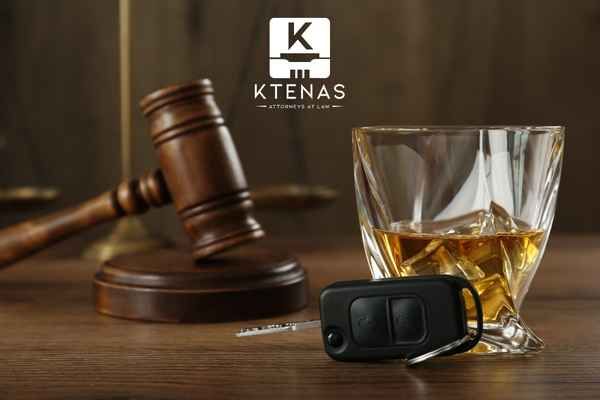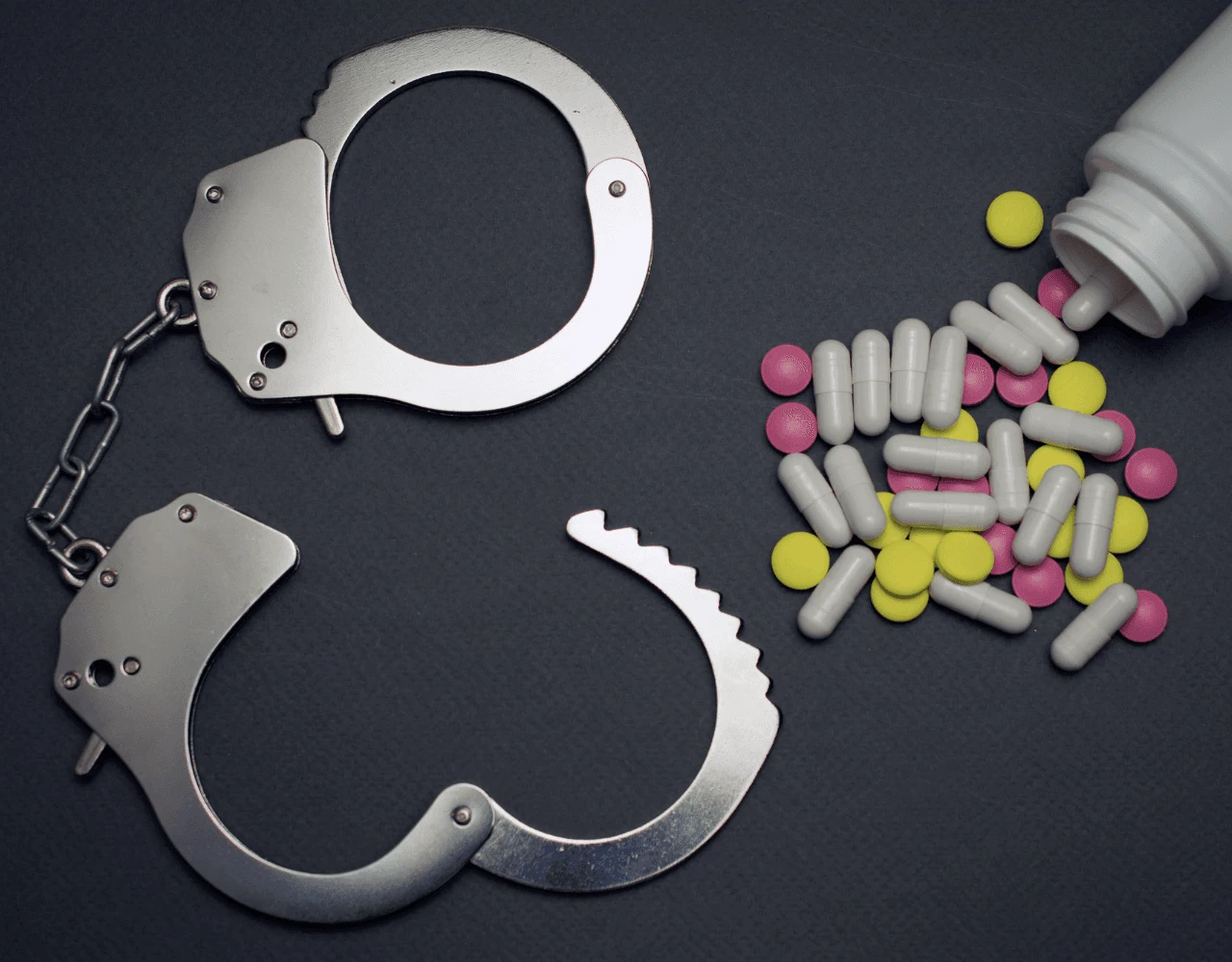Alternative Sentencing Options for Drug Charges in Chicago
2025-04-23T13:15:00
If you are facing charges for driving under the influence, you may have many questions about Illinois DUI laws. What qualifies as a DUI? What is chemical testing and do you have to submit it? What are the penalties for a DUI conviction? We are here to answer these common questions and help you understand your rights as it pertains to DUI offenses.
If a law enforcement officer suspects a person of driving under the influence of alcohol or other illicit substances, they may instruct the driver through a series of tests. They may use a field sobriety test which assesses different motor skills. The arresting officer may also request chemical testing to determine Blood Alcohol Content (BAC).

Chemical tests include a breathalyzer test, a blood test, or a urine test. A BAC test determines the level of alcohol in someone’s blood system. The legal limit for BAC is 0.08 for drivers over 21 and 0.0 for drivers under the legal drinking age. Drivers with a BAC higher than the legal limit will be charged with a DUI offense.
While breath tests can only determine blood alcohol concentration, urine tests and blood tests can detect other drugs and bodily substances. If a person is found to be under the influence of drugs but not alcohol, they may still be charged with a DUI. It is a common misconception that DUI simply refers to the influence of alcohol.
A person may refuse to submit to chemical testing, however, not without penalty. Illinois maintains an implied consent law. Implied consent means that if you choose to operate a motor vehicle on Illinois state roads you have consented to chemical testing in order to determine whether or not you are following DUI laws.
If you refuse chemical testing, it is a violation of the implied consent law and is perceived as an admission of guilt of knowingly driving under the influence. The penalty for refusing to submit to chemical testing is an increased length of time for automatic suspension of license.

A person who does not consent to chemical testing is also ineligible for the alcohol ignition interlock device driving permit.
Illinois has a mandatory statutory summary suspension for DUI convictions. First-time DUI offenders receive a minimum 6-month suspension if they failed a chemical test. If the first-time DUI offender refused testing, they receive a minimum 12-month suspension.
Second or subsequent offenses within five years of the first conviction are punished with a 12-month suspension. Second-time or subsequent offenses where the driver refused testing are subjected to a 3-year suspension. Four or more offenses may result in the revocation of driving privileges for life.
In addition to the loss of a driver’s license, a person convicted of driving under the influence of alcohol or drugs is subject to jail time and hefty fines. A first DUI offense is considered a misdemeanor offense and is punishable by up to one year in jail and a fine of up to $2500.
A second-time offender is subject to a minimum of 5 days in jail but up to one year and a fine of up to $2500. A third or fourth offense is classified as a felony and is punishable by 3-7 years of prison time and up to $25,000 in fines. A fifth offense or more may receive a prison term of 4-15 years and a fine of up to $25,000.
In some circumstances, hours of community service may be sentenced in place of days of imprisonment. In others, days of community service may be given in addition to days in prison. A DUI defense attorney can help you get your penalties reduced. Other than a term of imprisonment and fines an individual may also be required to complete drug rehabilitation or alcohol treatment programs.
If the DUI has other aggravated offenses, the driver is subject to additional penalties. Driving under the influence with a BAC over .16 or with children under the age of 16 in the vehicle can carry a longer prison term, additional fines, and longer license suspension.
A lookback period is the length of time a DUI stays on your record and can affect subsequent offenses. Lookback laws vary by state. Illinois does not have a lookback period, meaning a DUI conviction will always appear on your record and can affect future offenses. Although Illinois does not reset the record for DUI offenses, the length of time between prior convictions and current convictions is still considered when sentencing. For instance, a second offense within 5 years of the first may carry harsher penalties than a conviction after 25 years.
The consequences for a DUI can be life-altering. As you can see, the legal penalties vary greatly depending on the circumstances. If you are facing DUI-related charges, a competent attorney is your best option for a desirable outcome. An aggressive criminal defense attorney can help lessen your charges and thereby the penalties. At Ktenas Law, we are dedicated to protecting the rights of our clients. Contact us today to begin your free consultation.
Whether it is your first offense or a subsequent offense, an experienced defense attorney can help you receive a favorable outcome. They will fight to lessen your criminal charges and strive to secure the minimum penalties instead of the maximum consequences. Don’t feel hopeless, even if you are guilty. At Ktenas Law, we build aggressive defense strategies for our clients. We know how the system works and how to get your charges reduced and sometimes completely dismissed. Contact us today to begin your free consult

2025-04-23T13:15:00

2025-04-07T11:50:40

2025-03-24T11:55:03

